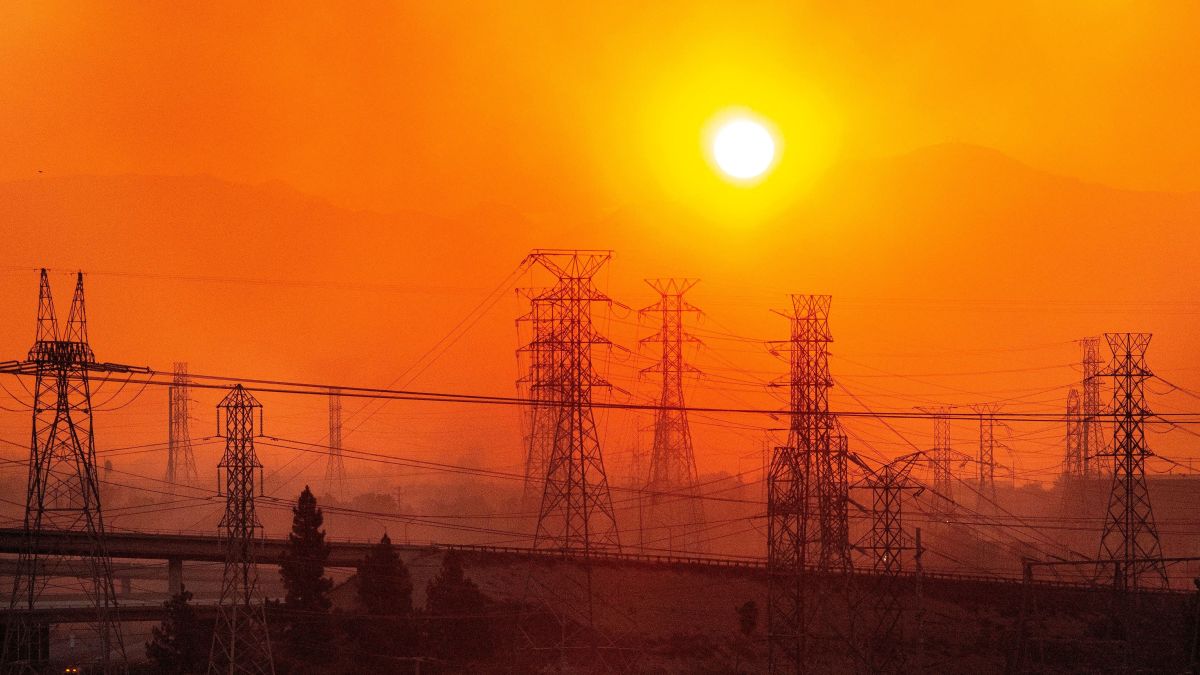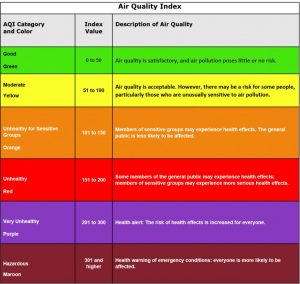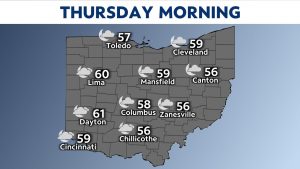In September 2016, massive utility company Duke Energy announced they planned spend $300,000 on a new solar program. Partnering with a local nonprofit, NC GreenPower, they used that money to install solar panels and provide curricula about them to 10 North Carolina schools.
If you just skimmed Duke’s press release, you’d be forgiven for missing the important context at the bottom. The investment was part of a $5.4 million 2015 settlement with the Environmental Protection Agency and environmental organizations over alleged Clean Air Act violations. And you wouldn’t find any mention of Duke having near total control over NC GreenPower’s board nor how Duke fought to restrict the solar industry the previous year while trying to expand its pipeline infrastructure. But it got great press!
A new first-of-its-kind report shows that this isn’t a unique case. The Energy and Policy Institute looked into 10 of the top investor-owned utility companies in the U.S. and found that every single one “use[s] their charitable giving to manipulate politics, policies and regulations in ways designed to increase shareholder profits, often at the expense of low-income communities.”
The companies gave over $1 billion dollars to charitable organizations from 2013 to 2017. That’s 13 times the amount of money the utility sector as a whole, including political action committees and even individual employees, gave to federal elections over the last three elections, the report notes. And unlike those donations, charitable ones don’t have to be disclosed.
Sometimes, companies directly funded organizations that later supported them on an issue via testimony or public comment, like when American Electric Power donated to Ohio’s United Way chapter and Columbus’ YWCA in 2014. Following those donations, both groups lauded a company plan that included subsidies for coal plants.
Other times, utilities invested in organizations affiliated with policymakers, like when Arizona Public Service kicked thousands of dollars in donations to charitable groups that state Senator Robert Meza worked for. He personally profited from some of that funding and then turned around and became one of the only Democrats to oppose a state renewable portfolio standard in 2018. Despite the obvious conflict, he said his position had nothing to do with the thousands of dollars he made from Arizona Public Service donations.
Frequently, the report notes, utility companies use charity to gain support from environmental justice groups and other organizations representing low-income communities and communities of color. One example it highlights is earlier this year when Michigan’s DTE Energy faced staunch opposition to a plan that would charge residents for using rooftop solar power. But then, seemingly out of nowhere, a group called Michigan Energy Promise, made up of churches and racial justice organizations, popped on the scene and came out in favor of the plan. Many members of the group had one thing in common: They had recently received thousands of dollars from DTE’s foundation, listed DTE as a corporate sponsor, or had DTE executives on their boards.
The report can’t prove that the utility companies did all of this on purpose, but the pattern sure looks damning. “Even if a small portion of the $1 billion that only these 10 utilities gave to charity was politically motivated—a proposition which seems likely based on the case studies documented here—then utilities’ influence-seeking via charity would be at least as large, if not much larger than, their other forms of political spending such as traditional campaign contributions.”
The Energy and Policy Institute proposes a solution: force utilities to disclose their charitable contributions so it’s clearer where influence could be coming from.
Update 12/18/19 1:50 p.m.: This post has been updated to note that the report looked at 10 of the top investor-owned utilities, not the top 10. It has also been updated with Arizona Senator Robert Meza’s correct name.




